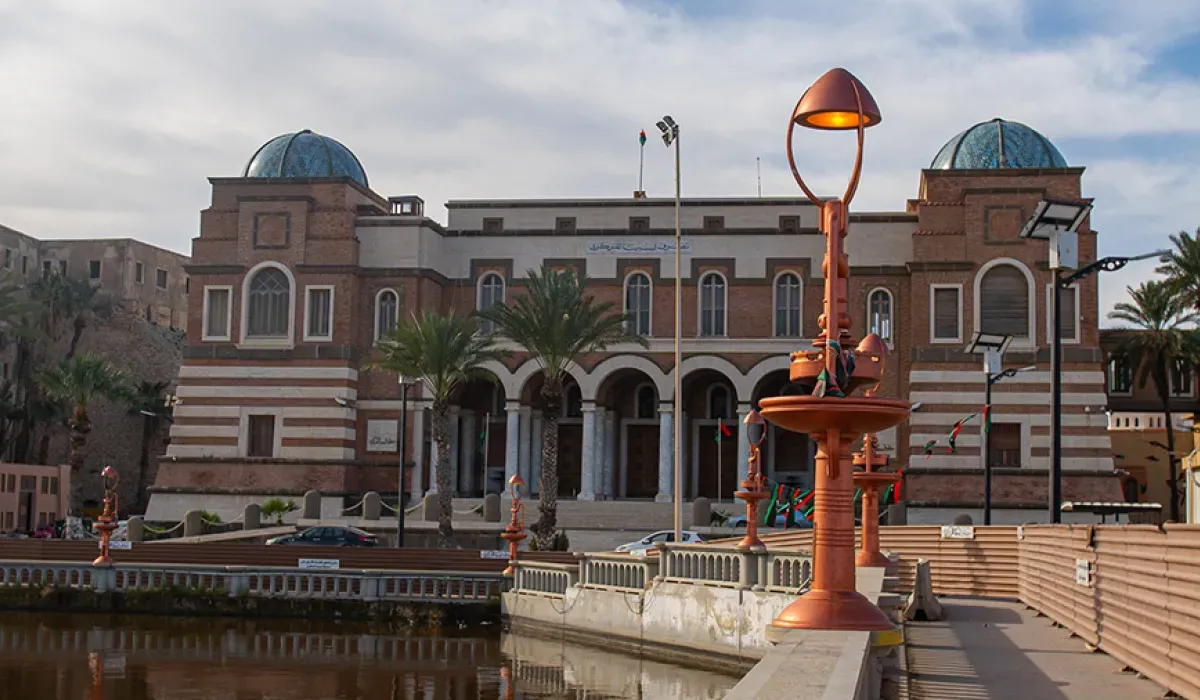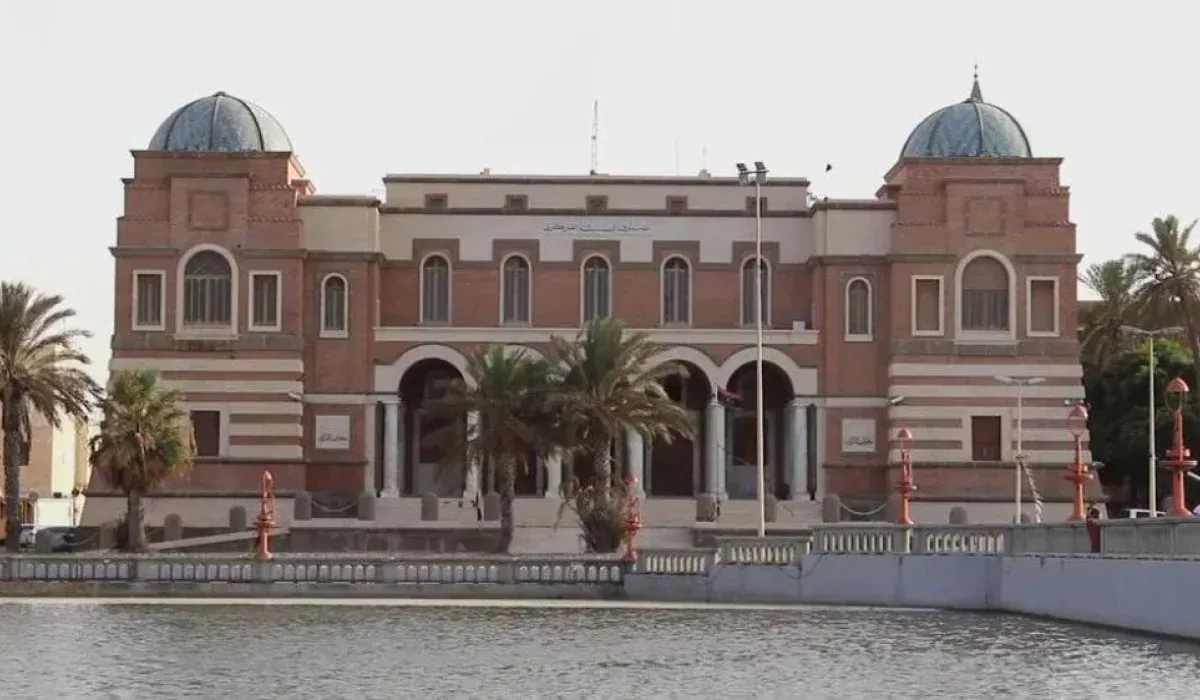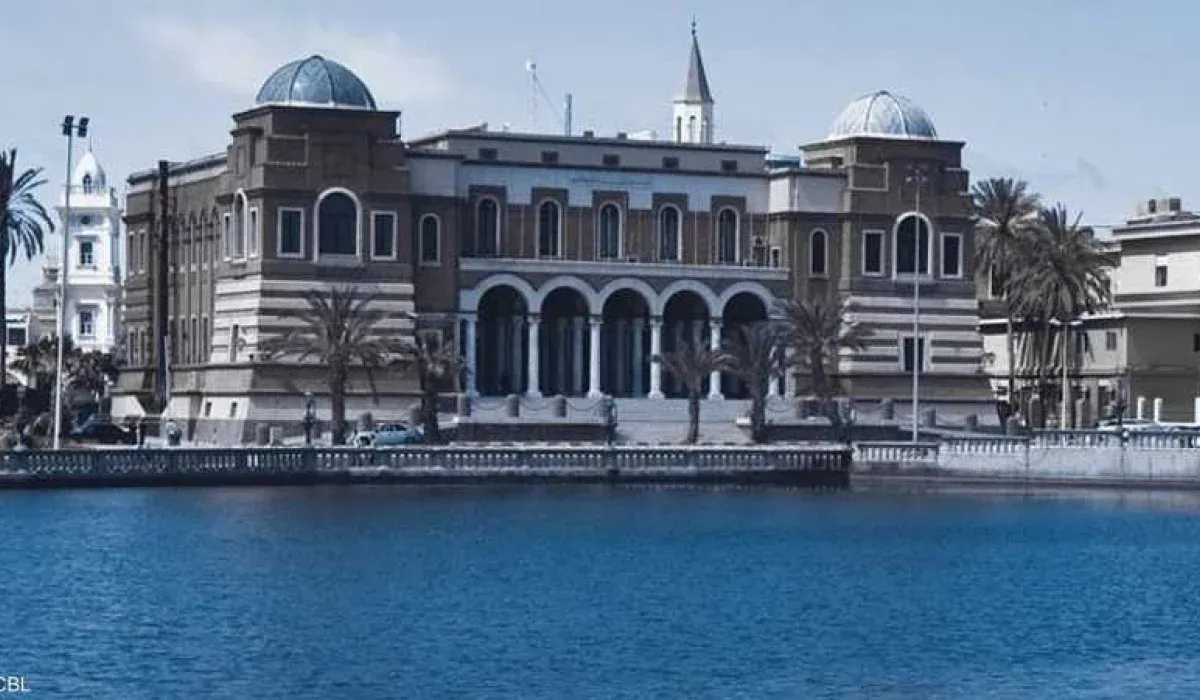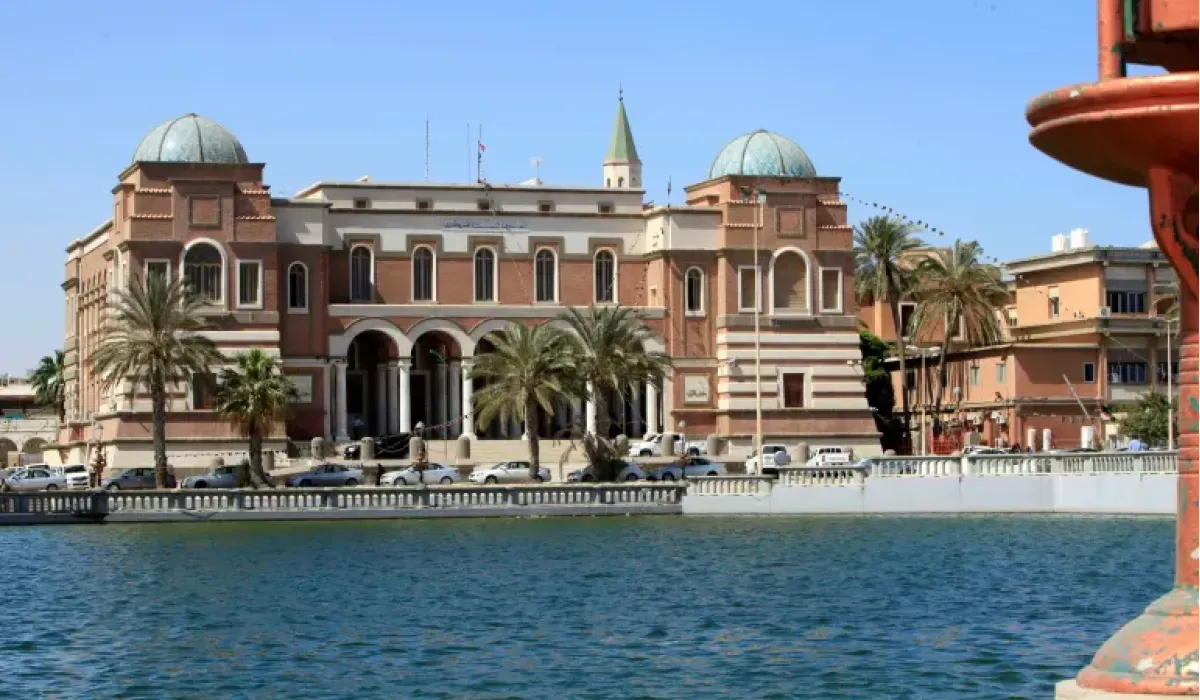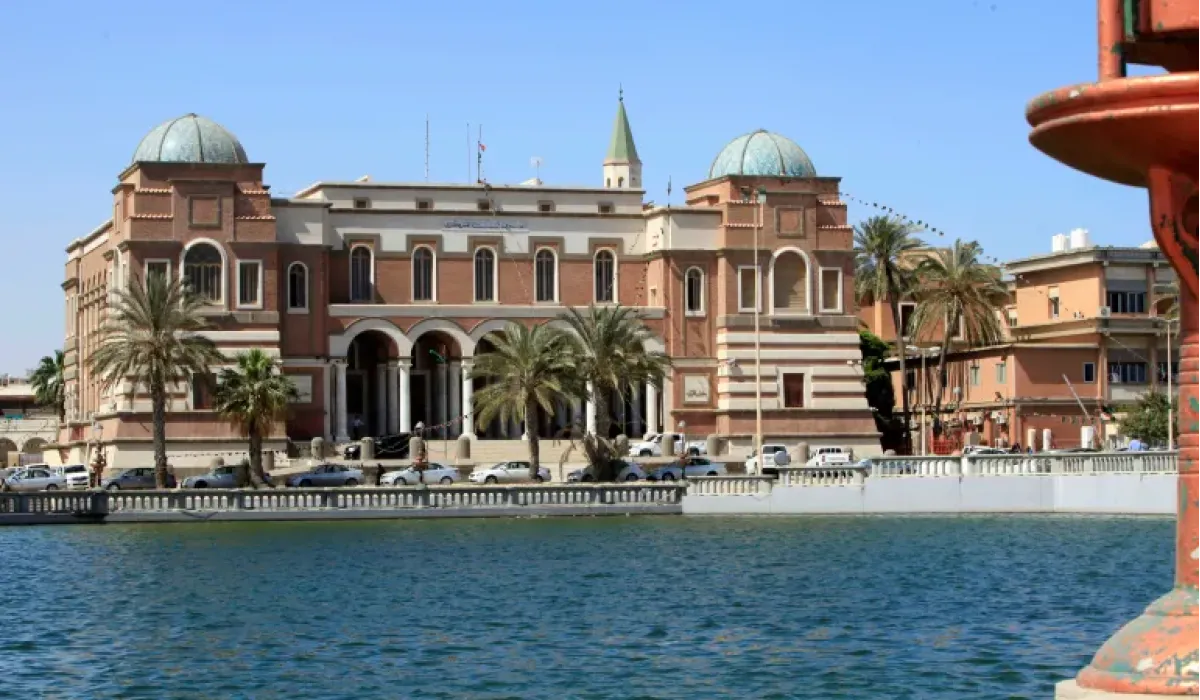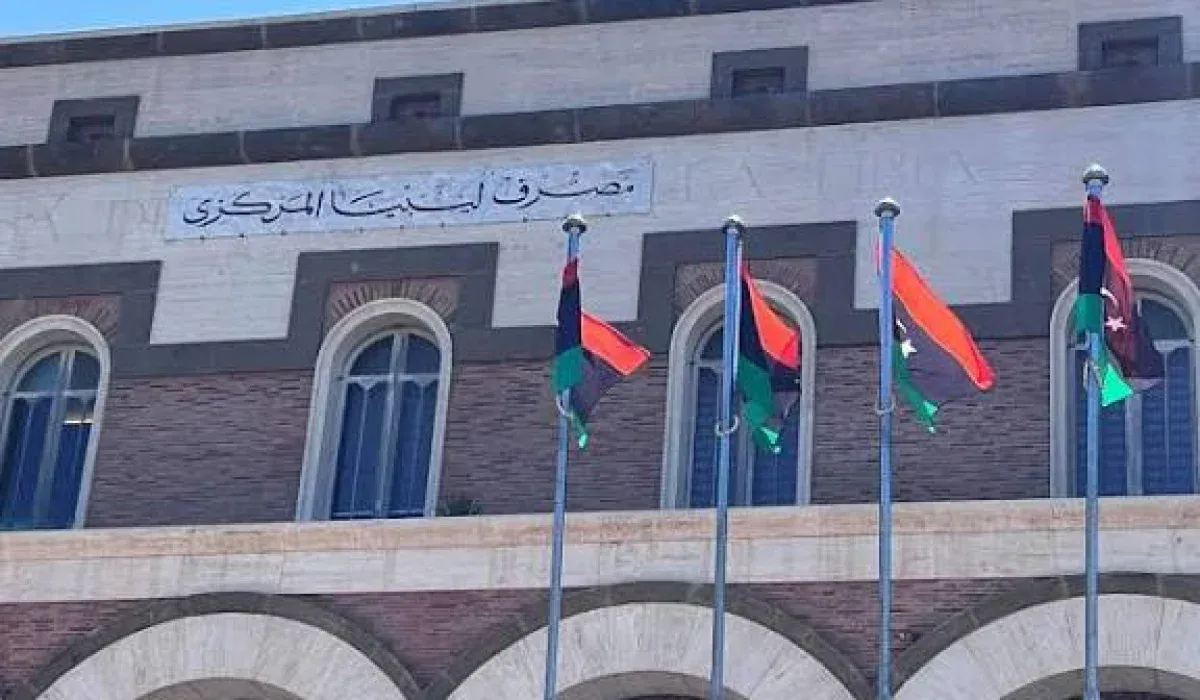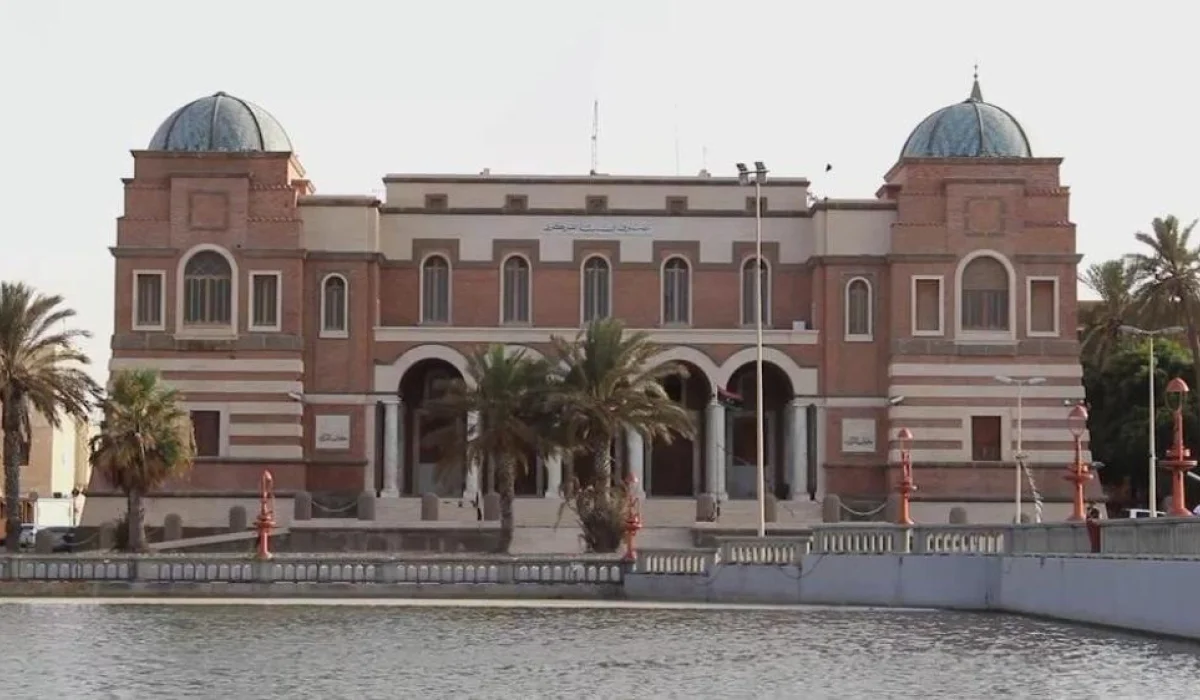The Central Bank of Libya confirmed exclusively in a statement to our source that all necessary arrangements are ready for the launch of the planned package of actual reform measures, which will begin to be implemented in practice during this week.
• The steps of the plan will include the following executive axes:
• Launch of work under the new regulations: On Sunday morning, the new operational regulations will be circulated to exchange companies and offices, in preparation for granting them licenses to operate under the new system.
• Resumption of the personal purposes system: The bank will immediately resume processing pending reservation requests since December 2025, estimated at a total value of approximately 600 million US dollars.
According to the Central Bank, after completing this batch, companies will continue providing personal purpose allocations for 2026 according to the approved ceilings:
· $2,000 per individual (cash, transfer, or card top-up),
In addition to an extra $8,000 for those who wish.
· $7,500 for study purposes.
· $10,000 for medical treatment purposes.
It added: The resumption of accepting and covering letters of credit requests under new regulations that limit the smuggling and leakage of goods outside the country, ensure supplying the Libyan market with goods and citizens’ needs, while the Ministry of Economy and government bodies commit to controlling prices.
It continued: The official start of exchange companies’ operations will be next Monday, where exchange companies and offices will begin operating in an organized manner under the new regulations, and foreign workers will be allowed to buy and sell under the law.
It added: Foreign cash liquidity inflow — As part of enhancing monetary stability, the first monthly batch of US dollar cash is scheduled to arrive at the Central Bank of Libya’s vaults during February 2026, valued at $600 million, with similar monthly batches expected to continue thereafter.
According to the Central Bank: In response to what has been circulated recently, sources revealed that the Central Bank of Libya’s total foreign assets reached a record level exceeding $100 billion during January 2026, confirming the strength of the financial position and refuting any inaccurate claims about the random use of reserves.



